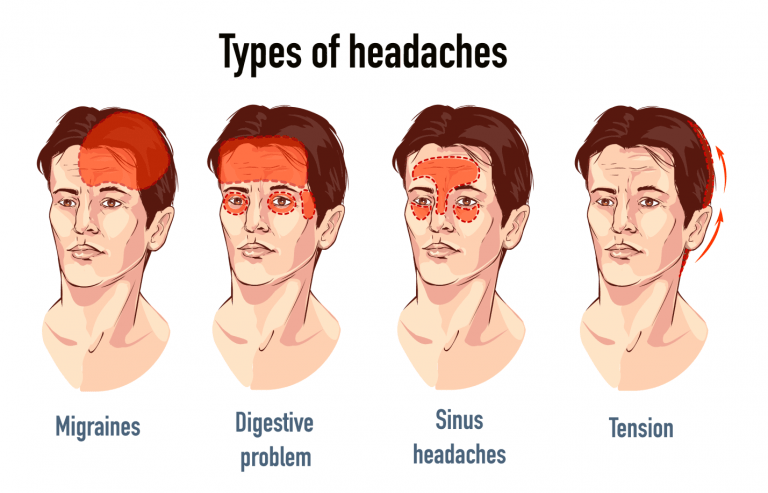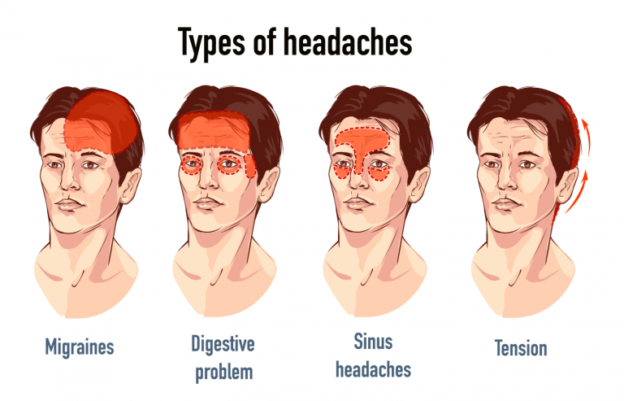Understanding Migraine: Effective Strategies for Prevention and Relief
Discover the causes, symptoms, and effective measures for preventing and managing migraines. Explore lifestyle modifications, self-care practices, and medical interventions to alleviate migraine pain and improve your overall quality of life.
Introduction:
Migraine is a debilitating neurological condition that affects millions of people worldwide. Characterized by severe headaches, pulsating pain, and accompanying symptoms such as nausea, sensitivity to light and sound, migraines can significantly impact a person’s daily life and well-being. While there is no known cure for migraines, there are various measures that can be taken to prevent their occurrence and minimize their impact when they do occur. In this blog, we will explore effective strategies for migraine prevention and relief.
Understanding Migraine:
Migraine is a complex neurological disorder that involves abnormal brain activity, changes in blood flow, and chemical imbalances. The exact cause of migraines is still not fully understood, but certain triggers and factors are known to contribute to their onset. These triggers can vary from person to person and may include hormonal changes, certain foods and drinks, stress, sleep disturbances, environmental factors, and more.
Measures for Migraine Prevention:
- Identify Triggers: Keep a migraine diary to track potential triggers and patterns. Note down details about your diet, sleep patterns, stress levels, and any other factors that may be associated with the onset of migraines. By identifying triggers, you can take proactive steps to avoid or minimize their impact.
- Maintain a Regular Sleep Schedule: Establish a consistent sleep routine by going to bed and waking up at the same time every day. Prioritize quality sleep and create a relaxing environment in your bedroom to promote restful sleep.
- Manage Stress: Stress is a common trigger for migraines. Practice stress management techniques such as deep breathing exercises, meditation, yoga, or engaging in hobbies and activities that help you relax and unwind.
- Stay Hydrated: Dehydration can trigger migraines in some individuals. Make sure to drink an adequate amount of water throughout the day and limit your consumption of caffeine and alcohol, as they can contribute to dehydration.
- Maintain a Healthy Diet: Certain foods and additives, such as processed foods, aged cheeses, chocolate, and artificial sweeteners, have been associated with migraines. Consider maintaining a balanced diet rich in fruits, vegetables, whole grains, and lean proteins.
- Regular Exercise: Engage in regular physical activity, such as walking, jogging, swimming, or cycling, to promote overall well-being and reduce the frequency and severity of migraines. Consult with your healthcare provider before starting any exercise regimen.
- Avoid Sensory Overload: Bright lights, loud noises, strong odors, and intense visual stimuli can trigger migraines in some individuals. Take measures to minimize exposure to such stimuli and create a calm and soothing environment.
Medical Interventions for Migraine Prevention:
In some cases, lifestyle modifications alone may not be sufficient to prevent migraines. If you experience frequent or severe migraines, consult with a healthcare professional, such as Dr. Rao, the best neurosurgeon in Guntur and India, at Dr. Rao’s Hospital. They may recommend medical interventions tailored to your specific needs, including:
- Medications: Certain medications, such as beta-blockers, antidepressants, anticonvulsants, and triptans, may be prescribed to prevent or alleviate migraines. These medications work by modulating brain chemicals and reducing the frequency and intensity of migraines.
- Botox Injections: In some cases, Botox injections may be recommended for chronic migraines. Botox helps to relax the muscles and prevent the release of pain-triggering chemicals in the brain.
- Nerve Blocks: Nerve blocks involve the injection of anesthetic agents near specific nerves to block pain signals and provide temporary relief from migraines.
Conclusion:
Living with migraines can be challenging, but with the right strategies and interventions, it is possible to prevent and manage migraines effectively. By identifying triggers, adopting a healthy lifestyle, managing stress, and seeking medical guidance when needed, individuals can significantly reduce the frequency and severity of migraines, improving their overall quality of life. Consult with Dr. Rao, the best neurosurgeon in Guntur and India, at Dr. Rao’s Hospital for personalized guidance and comprehensive care for managing migraines. Remember, you are not alone, and there is hope for relief and a better future with the right support and measures in place.
#MigrainePrevention #MigraineRelief #HeadacheManagement #HealthyLifestyle #WellnessTips #neurosurgeon #spinesurgeon #headache #migraine


